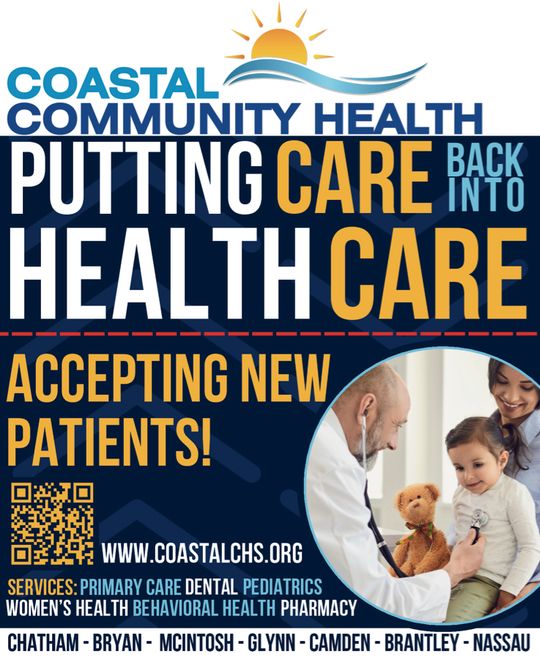This year’s hurricane season looks to be above normal. The National Oceanic and Atmospheric Administration (NOAA) is predicting an 85% chance of an above-normal hurricane season in 2024, with an estimated 17-25 named storms, 8-13 of which may have the potential to turn into hurricanes. Four to seven of those storms are predicted to be a Category 3+.
This will be the eighth season of the last 10 years to be above the 1991-2020 average for hurricanes.
According to the NOAA, the upcoming Atlantic hurricane season is expected to have above-normal activity due to severalfactors, including near-record warm ocean temperatures in the Atlantic Ocean, development of La Nina conditions in the Pacific, reduced Atlantic trade winds and less wind shear, all of which tend to favor tropical storm formation.
Unfortunately, when strong storms blow through, power outages follow. Electric Membership Cooperatives (EMCs) across Georgia are preparing now to ensure materials are on hand to repair lines following a major storm.
“EMCs work well in advance of hurricane season to make sure they have enough materials on hand,” said Harry Reeves, vice president of training and safety at Georgia EMC. “When hurricanes move through, it can cause severe damage to power lines, so EMCs make a point to have extra power poles, transformers and wire available to replace damaged lines and get the power flowing as quickly and safely as possible.”
In addition to materials, Georgia’s EMCs plan to get additional electric lineman to the state to help restore power through mutual aid agreements.
“EMCs in Georgia have always helped fellow coops during emergencies and times of crisis,” said Reeves, “The same happens for neighboring states when Georgia’s power lines are hit hard from a storm. Linemen feel a sense of obligation and have a history of working with cooperatives across the region to help restore service as quickly and safely as possible.”
The 2024 hurricane season runs from June 1 – November 30. As our EMCs across the state prepare, EMC members should prepare for hurricane season as well.
• Early Preparation: Make an Emergency Plan. Take time to develop an emergency plan for your family. Identify your safe space and let every family member know their role in case of emergency. For guidance on creating a storm plan, visit ready.gov/plan.
• Know Your Family’s Medical Needs: If you or a family member require electricity to power medically necessary equipment, be sure to have a plan in case of power failure. This equipment may need battery backup or a generator to function. In the case a battery backup or generator will not be able to provide enough power needed for a lengthy outage, have a second emergency location identified.
• Prepare an emergency storm kit. Every home should have an easily accessible storm kit with household essentials. Be sure to include items such as food, water, medications, flashlights, batteries and a weather radio. For guidance, visit ready.gov/kit.
As the Storm Approaches: Protect your home. Secure windows and doors and move loose items inside.
• Fill Your Tank: It is always good to fill your car with gasoline in preparation for a lengthy outage. This can serve as another charging source for your devices while your home is without power.
• Activate Your Medical Plan: Now is the time to charge battery backup devices for medically necessary equipment. Alternately, consider temporarily relocating to an area less likely to lose power due to the storm.
• Stay updated. Keep up with storm updates for your area by checking weather apps, local TV stations and websites like weather.gov. Follow your local EMC and news outlets on social media for timely updates.
Know How to Report Outages: Outages can be reported by phone, website and email at most EMCs. Make sure you know the most efficient way for you to report a power outage.







